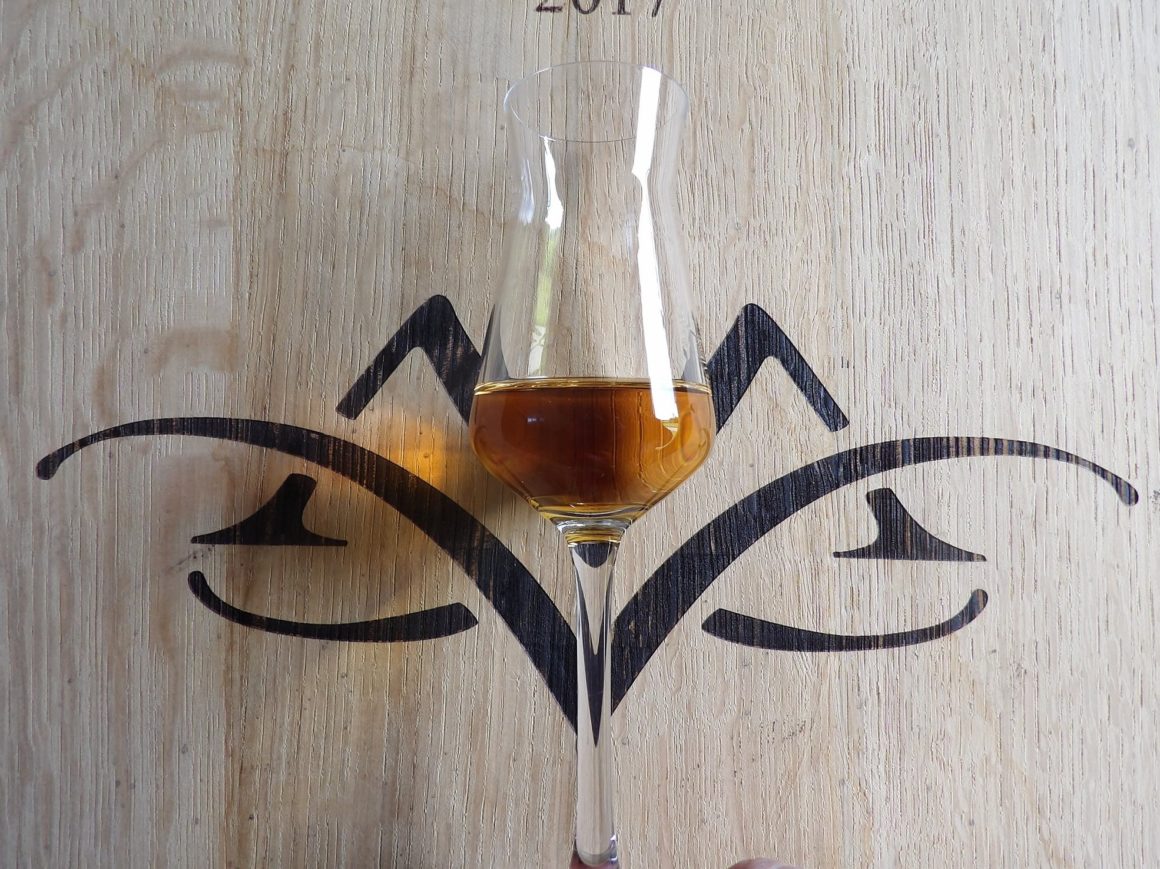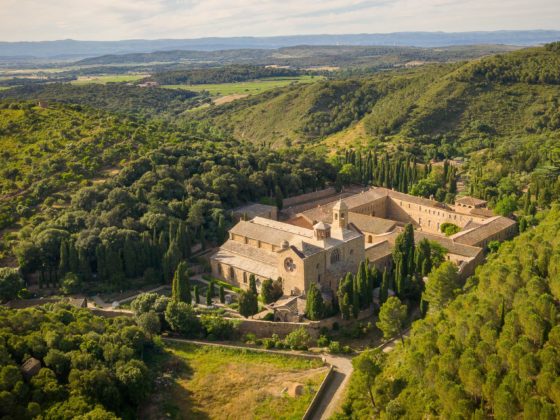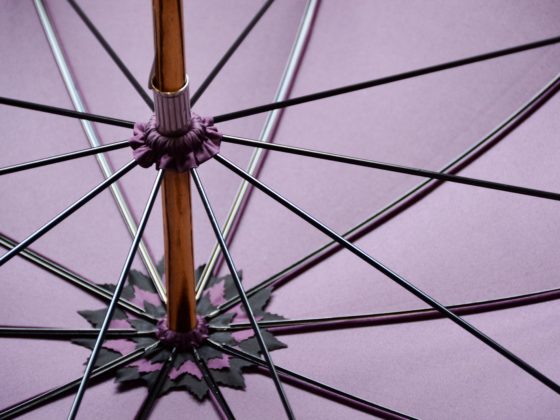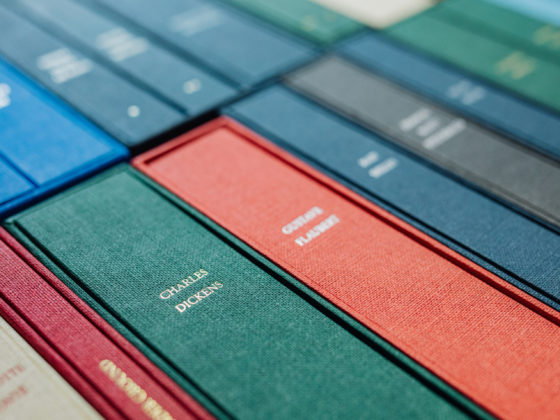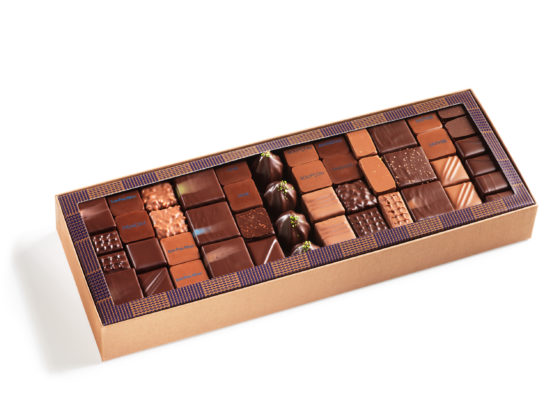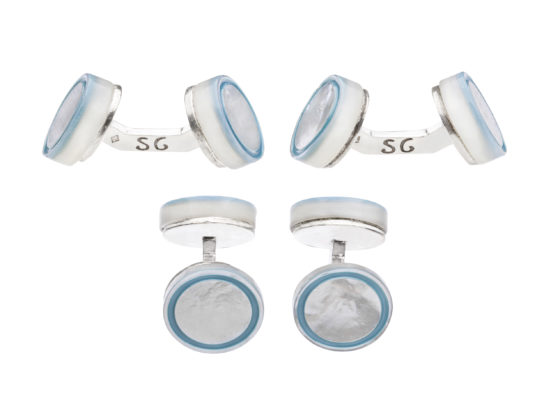The Hubert family runs the Vergers de la Morinière, located in the south of the Auge region, where they have cultivated their passion for apples and calvados for five generations.
By François Tauriac
There are hillsides on this beautiful Norman land where one would swear that the Creator has made his best architects work, so that they gather in one place all the most admirable wonders of nature. In the valley of the Dive, not far from the Touques, in the south of the Auge region, between Chambois and Vimoutiers, the bocage, in spring, is a garden of Eden. An oasis of Empyrean. A wild bouquet of generous greenery, full of sap and fertile beauty. The Hubert family has been cultivating its passion for apples and Calvados for five generations, between cowsheds and forests, hillsides and silty rivers, Livarot and Camembert.
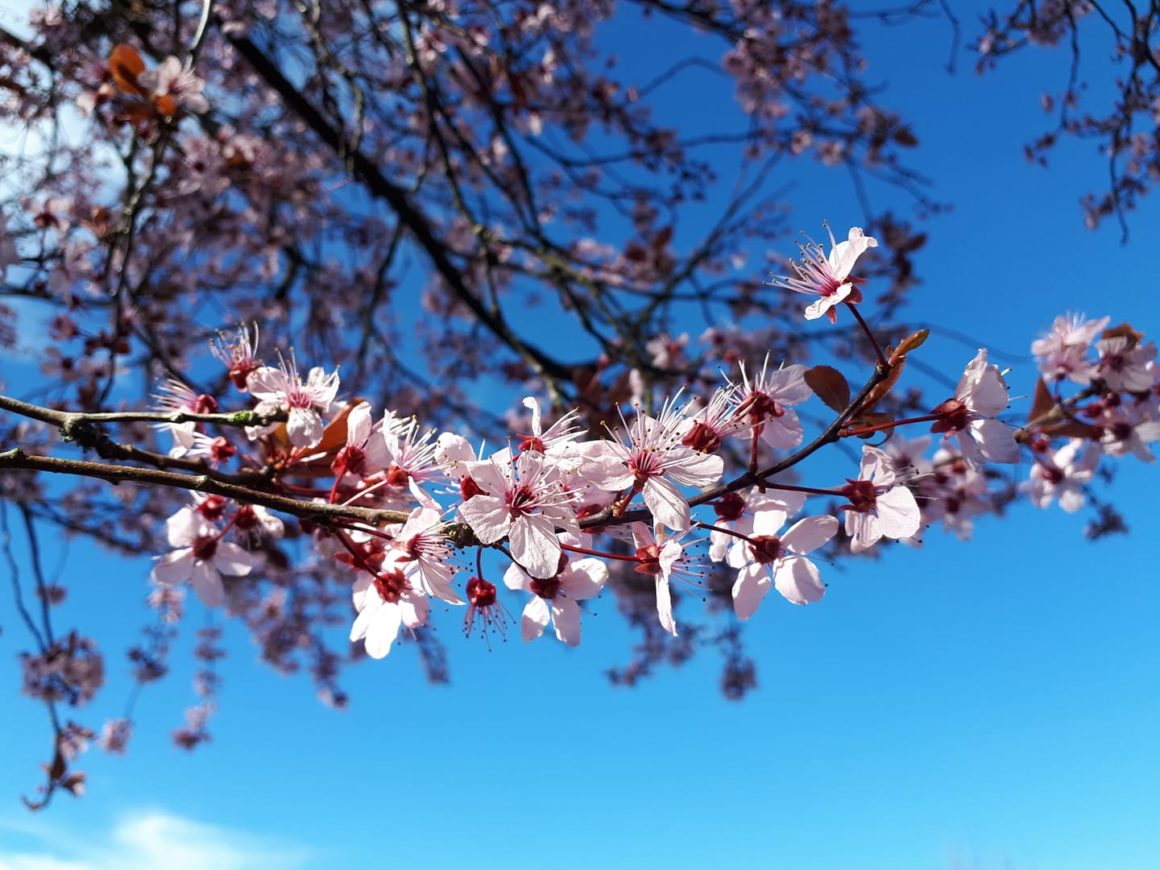
Settled in 1855 – like a great classified growth of Normandy – in the charming place called “La Moriniere”, in the small village of La Fresnaie-Fayel which unwinds the laces of its town, stretched like a day without bread, the family has colonized no less than 60 hectares of this almost luxuriant Ornean terroir in order to make its guilty industry bear fruit. “There are 45 varieties of fruit in our orchards,” explains Astrid Hubert, who has been watching over her apple and pear trees like clockwork since her father, Michel, handed her the keys to the red brick house in 2008. Précisément, “40 hectares of high-stem trees, and 20 hectares of low-stem expansive.”

Here the bitter sweet apples – red binet, the looted one, row – oscillate between sugar and acidity, bitterness and flavors. The bitters – red fréquin, mettais, domaine -, rich in tannins, give body and the beautiful caramel color to the juice. Finally, there are the sweet ones – sweet veret de Carrouges, germaine, rouge duret – which are sweeter and more fragrant, rounding out the nectar, while the tart ones – Rambault, Petit Jaune, René Martin – round out the final taste with their freshness. It is the assembly of these great apple vintages, grown organically, which makes the quality of the juice. The rise of the soil. The processing techniques, modernized since the acquisition of wine-type equipment, also favor the expression of fruit quality,” says Astrid, with in particular the vatting of the pulp, the natural clarification of the juices, the slow alcoholic fermentation and the setting of foam in bottle “.

But the secret of Rodolphe and Astrid Hubert is also their skill. This mixture of techniques perpetuated for centuries and especially of know-how. When the nectar is drawn, we are ready to work the calvados. The family’s is an AOC d’Auge It is therefore only distantly related to that of Domfrontais. “First, there is no pear in our brandy“, explains Astrid, then, our distillation technique is different. It uses an iron still. “It was my father who bought it second hand in 1996. The previous one was my grandfather’s and dated from the war. The first toasting is carried out from a cider aged for one year in casks. It eliminates the components of little interest and then recovers an alcohol of 32%. The second pass produces an even purer and more perfect distillate from which the head and tails are removed. It remains to pray that the alchemy intervenes once again during the transformation into barrels. There’s not much to worry about. The Hubert’s are made of oak. Some of them even date back to 1944, in French wood as the name suggests.

Everything is then ready for the miracle to happen again, as every year since the 18th century. There, under the joist of the cellars of the property built in 1928, the mysterious magic of aging takes place. Where the eau de vie, in contact with the oak and the air, will gradually transform the cider into a subtle and refined tannic spirit. Developing its exclusive aromas in the process. Passing from golden to amber. From the powerful to the sovereign. From elegant to precious. And one thinks then, with eyes closed to the tasting, of all these ancestral gestures which it was necessary to reproduce patiently to arrive there. To all those tastes that rush to our taste buds, like starving people. All these insane, almost magical flavors explode in the mouth: stewed fruits, woody aromas, spicy notes… And we say to ourselves that having fed the heavens with “the angels’ share” all these years, the gods have given them back their offering by transforming their calvados into divine nectar.


